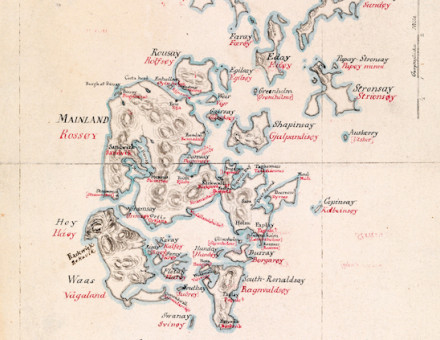Richard III and Kingly Justice for All?
Was Richard III a just king or just doing what a king should do?

When taking stock of Richard III’s short reign, one of the positive developments cited by his modern-day supporters is his extension of kingly justice to the poor. Not long after his accession in 1483 Richard reportedly made a ‘proclamation general’ that ‘every man wronged that would complain should have hasty remedy’. Accounts by civic administrators and local gentry confirm that the freshly crowned king spent his progress through the Midlands that summer ‘determining the complaints of poor folks with due punishment of offenders’. In private correspondence the Bishop of St David’s, Thomas Langton, observed that ‘many a poor man that has suffered wrong many days has been relieved and helped’ under Richard’s early governance.
Whether or not one believes that Richard dispatched his nephews on his way to the throne, he plainly had good reason to appear as a bountiful and generous king. His accession was abrupt, involving several executions, and to the political community around London he was associated with those northern reaches that he had governed as Duke of Gloucester.







